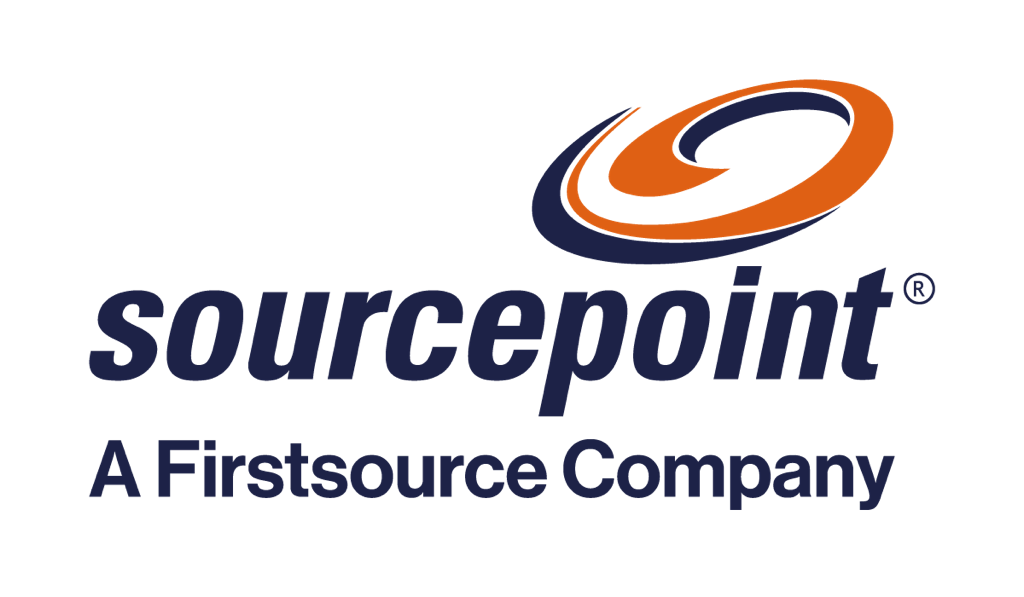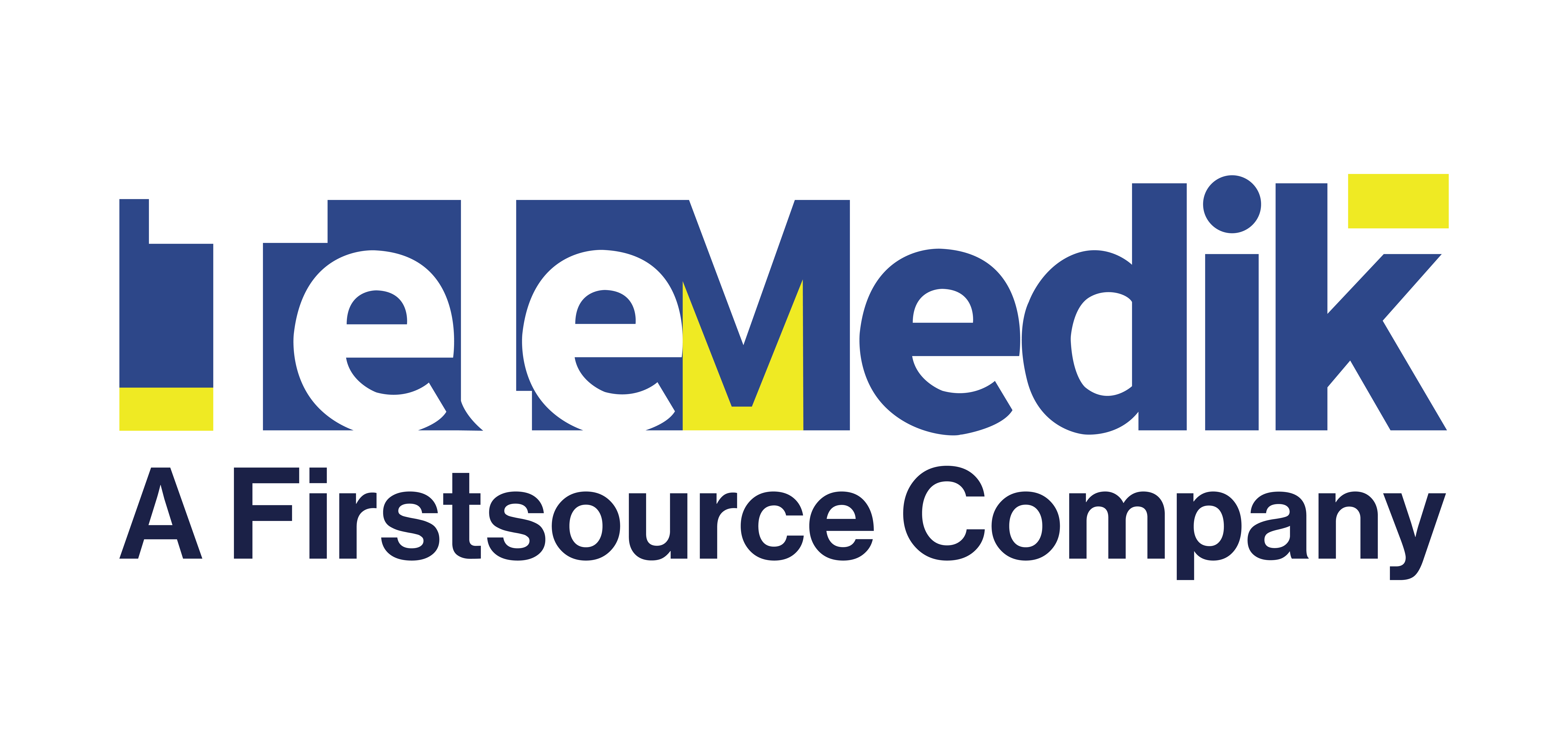A Customer-Centric Approach That Transforms Recovery and Relationships
The UK utilities sector stands at a critical tipping point. With households owing £3.7 billion in unpaid energy bills and over £2 billion in water arrears, traditional debt collection approaches are no longer fit for purpose—both morally and commercially.
A smarter, more human-centered model is urgently needed: one that balances recovery with responsibility and treats customers not as defaulters, but as individuals facing difficult circumstances. This article explores how such an approach can transform collections from a last resort into an opportunity to strengthen relationships while improving financial outcomes.
The Scale of the Crisis
Energy Sector:
- Household energy debt has doubled since 2021 to £3.7 billion
- 5 million vulnerable households began winter 2024 with zero energy credit
- One in ten adults missed utility bill payments in 2024
- Over 2 million people experienced disconnections due to their inability to top up prepayment meters
- Ofgem's April 2025 price cap increase of 6.4% pushed typical household costs to £1,849
Water Sector:
- British households owe over £2 billion in unpaid water bills
- 2.5 million households currently cannot meet payment obligations
- Bills increased by an average of 26% in 2025—the highest since privatisation
- Nearly half of all households struggled with water payments last year
- Some Southern Water customers faced increases of up to 47%, while Thames Water customers are set to see bills rise by 35% over the next five years.
This customer debt crisis mirrors the providers' own financial troubles, with Thames Water requiring a £3 billion emergency loan to avoid collapse with its £12 billion debt, while Southern Water struggles with £6.7 billion in debt.
The Fatal Flaw: Collections in Isolation
Traditional collections models create four critical failures:
- Fragmented Customer Experience - Customers experience jarring transitions from valued customer to payment defaulter overnight
- Reactive Crisis Management - Collections teams mobilise only after accounts become delinquent, missing opportunities for early intervention
- Data Blindness - Isolated collections departments lack visibility into complete customer profiles and payment histories
- One-Size-Fits-All Tactics - Without customer insights, collections defaults to standardised procedures that ignore individual circumstances
Only 12% of indebted customers report receiving proactive support from their energy suppliers, demonstrating a widespread failure to engage effectively with vulnerable customers.
This is especially critical for vulnerable customers, who are often the hardest hit by rising bills and the slowest to receive support. Current approaches fail to recognise a fundamental truth: affordability and willingness to pay are not the same as ability to pay. Collections strategies must reflect this distinction to be both ethical and effective.
A Transformative Approach: Integration Is Key
The future of collections must be predictive, not reactive. By using technology such as AI and machine learning to identify early signs of financial stress, utilities can intervene earlier—with empathy, tailored solutions, and genuine support—before debt becomes unmanageable.
The answer lies in providing a full end-to-end service that starts with customer acquisition and ends with debt recovery. This integrated approach doesn't just recover more debt—it transforms the entire customer relationship.
The secret ingredient is comprehensive data integration across the customer lifecycle. When data insights from one part of the lifecycle can be applied across the entire journey, businesses gain deeper insights into customer behaviours, financial conditions, and payment histories.
This 'full lifecycle' data-driven approach helps organisations not only track and recover debts but also proactively manage customer relationships at every stage. Integrated data enables smarter segmentation and targeted outreach—ensuring that resources are focused where they'll have the greatest impact while offering customers flexible arrangements, helpful guidance, and seamless digital experiences that empower them to stay on track while maintaining their dignity.
Practical Implementation
Early Identification: Predictive analytics can identify at-risk customers before they miss payments by monitoring payment pattern changes, partial payments, increased account inquiries, and consumption anomalies.
Personalised Communications: With a data-driven approach, companies can tailor communications based on customer behaviour, financial status, and preferences, determining the best channel—SMS, email, phone calls, or chatbots—to ensure messages are received and acted upon.
Supportive Solutions: Forward-thinking utilities are replacing punitive measures with supportive interventions like flexible payment arrangements, temporary payment holidays, budget billing plans, and efficiency advice.
Technology Enablers: AI and machine learning can identify vulnerability indicators, optimise payment arrangements, provide 24/7 conversational support, and create self-service options.
Real Results in Action: This approach delivers measurable outcomes. When Firstsource implemented an integrated collections strategy for a UK energy supplier—training core customer service staff to handle the entire customer journey including arrears—the results were impressive. The supplier saw a 50% increase in overall collections performance while simultaneously achieving a +70 Net Promoter Score and reducing complaints by 50%. This demonstrates how an integrated approach can simultaneously improve financial outcomes and enhance customer satisfaction.
Benefits for Everyone
For Utilities:
- Improved recovery rates through early intervention
- Reduced operational costs through targeted collections
- Enhanced regulatory compliance
- Increased customer loyalty and lifetime value
For Customers:
- Reduced stress and anxiety
- Continued access to essential services
- Improved financial capability
- Preservation of dignity throughout the process
Firstsource’s End-to-End Solution for Debt Collections
Firstsource offers a comprehensive collections solution that delivers exceptional CX and ROI outcomes across industries, guided by our core practice of "Empathetic collections. Transformative results."
Our approach centres on three key pillars:
- Audit-ready expertise - We leverage regulatory compliance expertise with specialised industry knowledge to help you navigate complex requirements while maintaining customer focus
- Collections as a service - A customisable platform with AI insights to optimise outreach, improve customer journeys, reduce costs, and enhance recovery rates with streamlined processes across the entire customer journey
- Personal solutions, big results - Our empathetic approach creates personalised touchpoints that empower customers to take control of their debt, resulting in better debt recovery and stronger customer relationships
Through these principles, we've built an end-to-end solution that combines AI-powered vulnerability identification with a digital-first customer focus, minimising human intervention while providing cost-effective, seamless 24/7 experiences that treat customers with dignity.
Time to Transform
The utility debt crisis demands a fundamental reimagining of how companies approach collections. By breaking down silos between customer experience and collections, integrating data across the customer journey, and implementing predictive analytics, utilities can create more supportive, effective approaches that benefit both their customers and their bottom line.
This isn't just a better way to collect debt—it's a better way to serve. In an industry where both customer satisfaction and financial recovery are critical, this integrated approach boosts ROI by improving collection efficiency while fostering trust and building customer loyalty. It's a win-win solution that benefits businesses and customers alike, driving long-term success in the collections space.
The most successful utilities will be those that see collections not as an end-stage process, but as an opportunity to build trust, drive loyalty, and deliver financial outcomes that are both ethical and sustainable. By balancing recovery with responsibility and treating customers as individuals facing difficult circumstances rather than defaulters, utilities can transform collections from a necessary evil into a strategic advantage that strengthens customer relationships when they matter most.











